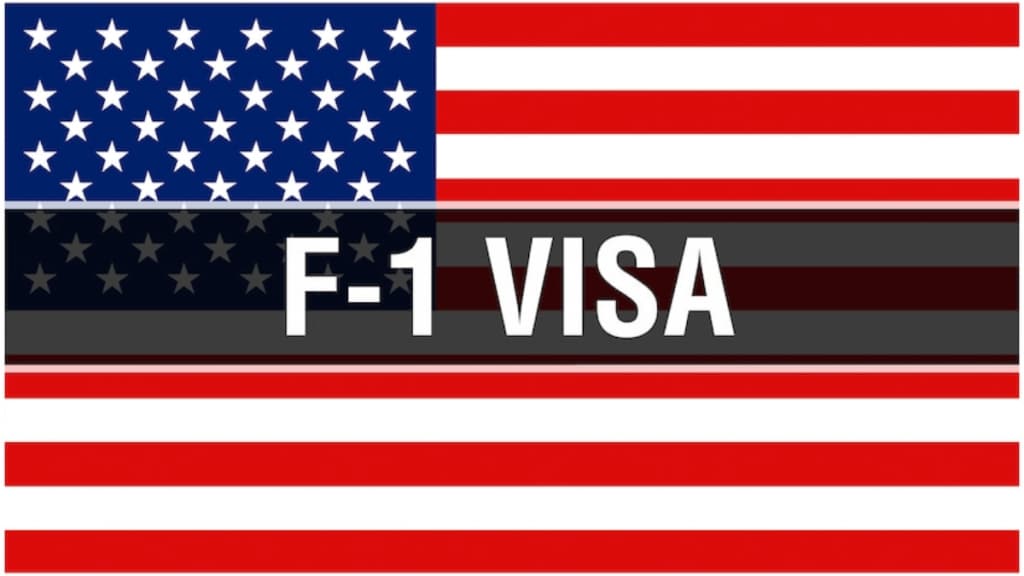A student’s aspiration to pursue a Master’s degree in the United States was met with disappointment after his F-1 visa application was rejected at the US Embassy in India, despite providing straightforward answers during his interview.
The student had secured admission to the University of Texas at Arlington (UTA) for an MS in Computer Science and Information Systems. During the visa interview, he detailed his academic background—a Bachelor of Engineering in Computer Science from Muffakham Jah College of Engineering and Technology (MJCET).
When asked about the curriculum, he highlighted relevant subjects such as Machine Learning, Data Science, and Software Engineering. He also disclosed his second university preference, California State University, Long Beach (CSULB), explaining the academic differences between the two institutions.
Despite this, the consular officer abruptly ended the interview with a rejection.
F-1 visa rejections often hinge on perceived issues such as weak ties to home country, unclear academic intent, or inconsistency in answers. While the student maintained a composed and relevant response pattern, the reason for denial remains unspecified—as is common with US visa rejections under Section 214(b).
One Reddit user said, “Your answers were fine but those universities are trashy. I used to live in the DFW area and the Indians working illegally off campus were mostly from UT Arlington and some from UT Dallas. And trust me, there were a lot of them. The moment they get caught, DHS probably puts points on the school and future visa applicants will face an issue.”
Another added, “From what ive read, its probably the university, the university of texas at arlington is a huge red flag, i dont know its prestige, but i saw its heavily used by agencies to allow people to immigrate to the US.”
The student now plans to reapply with refined answers and documentation to better reflect his intent and goals.

